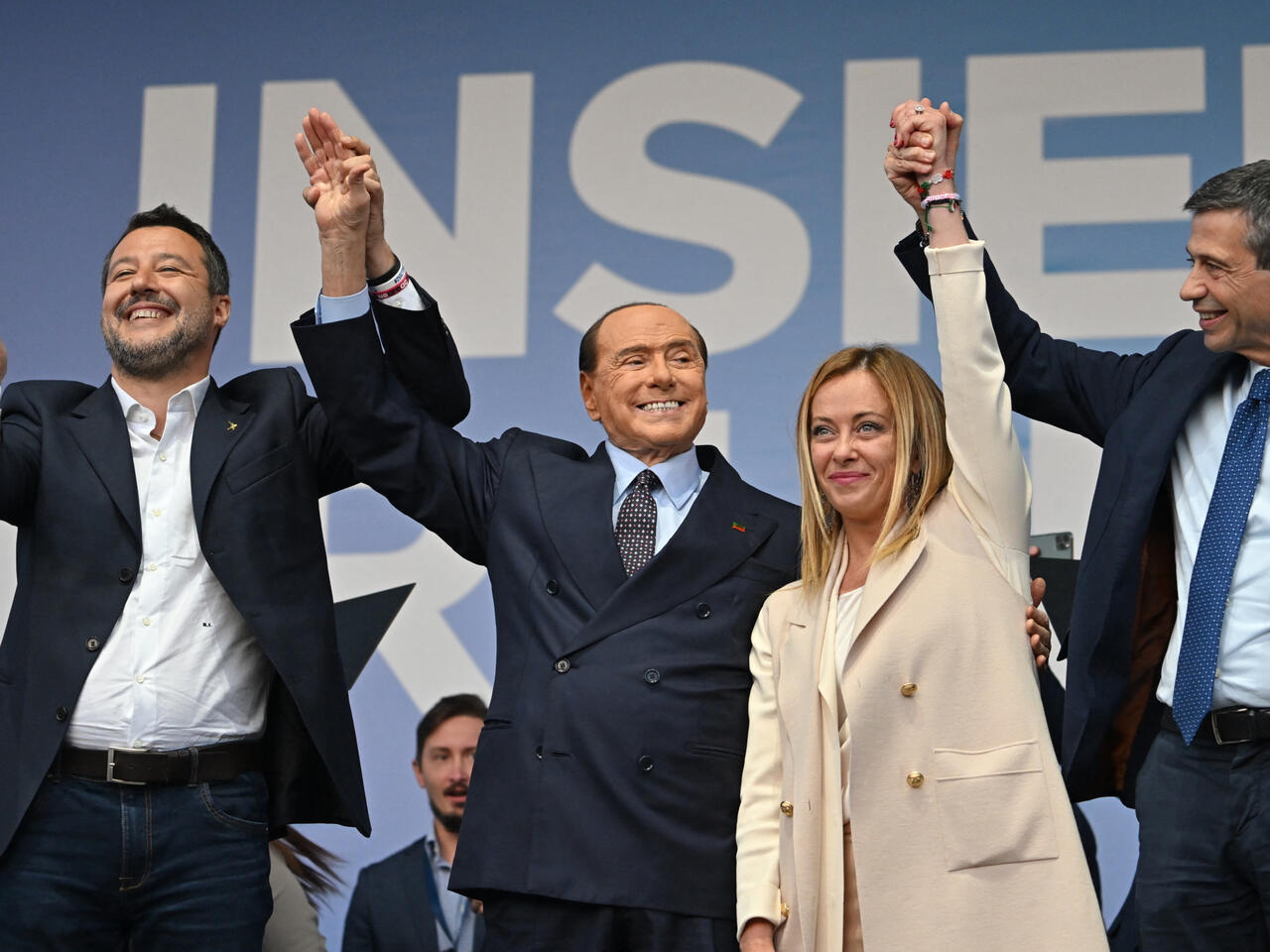In a country that’s historically had high voter turnout, Giorgia Meloni, the leader of the far right, looks on course to win the election. She’s supported EU sanctions against Russia and plans to renegotiate the EU’s post-pandemic recovery fund. But what are her plans for Italy?
Giorgia Meloni’s political career
Giorgia Meloni is a politician and former regional governor of Abruzzo. She has written an autobiography which explains her upbringing in a poor family and how her upbringing led her to become a party militant. Meloni’s father abandoned her sister, Arianna, when they were children. They were taken in by the right-wing Italian Social Movement. Eventually, Meloni joined the MSI and helped found the breakaway political movement Brothers of Italy.
Meloni’s political career started in 1992 when she joined the Youth Front. Later, she became the national leader of Student Action, which was a part of the National Alliance. Meloni was a provincial councilor from 1998 to 2002, then the president of the party. In 2008, she was appointed Minister of Youth in Berlusconi IV’s Cabinet. She then co-founded the FdI and became its president in 2014.
Giorgia Meloni’s career as a politician has been a complicated one. She was involved in the Italian Social Movement and the National Alliance, and later became a deputy. She was elected a depute in the Lazio region, which is located near Rome. In 2008, she entered the government of Silvio Berlusconi, and held the position of Minister of Youth for several months. In 2014, she was elected as president of the Brothers of Italy party.
Support for EU sanctions against Russia
Italian far right candidates have a mixed record on foreign policy. Meloni and Letta have embraced the EU position on Russia, but both are in a delicate balancing act. Both parties had been traditionally friendly with Russia, but the war in Ukraine forced them to change their position. Meanwhile, far right candidate Matteo Salvini has been vocal in calling for sanctions against Russia.
In recent days, Matteo Salvini, the leader of Italy’s far-right League party, said that sanctions against Russia are not working. He pointed to the fact that energy prices in Europe have risen dramatically, and the EU relies on Russian gas supplies. His comments were backed up by a recent speech at an economic forum in Cernobbio, Italy, in which he called for a “European shield” to protect the interests of Italian businesses and families.
The current Italian government is unlikely to survive such a short span. The former prime minister Matteo Renzi is running as a liberal lawmaker in the next election. The support for EU sanctions against Russia may be in danger of softening, as his coalition partners have aligned themselves with Russia’s regime.
Plans to renegotiate EU’s post-pandemic recovery fund
EU member states will discuss the plans to renegotiate the post-pandemic recovery fund at their July EU Council summit, despite the fact that no agreement was reached during the summit. While Germany and France will present their own proposals, the “Frugal Four” countries are preparing a counter-proposal, insisting that loans be given instead of grants and subsidies.
The European Commission has proposed a new long-term EU budget and recovery fund. The EU will borrow up to EUR 750 billion from the capital markets. The plan, referred to as an “Own Resources Decision,” will deal with the exceptional challenges of the COVID-19 crisis. The funds available under the plan will be used to support the countries’ recovery plans, with the maximum direct expenditure of EUR 390 billion. However, member states must first submit their recovery plans to the EC, within two months. After the EU Council has assessed them, they will be able to receive disbursements.
The plans to renegotiate the EU’s post-pandemic recovery plan are raising concerns among investors. The EU has already allocated 200 billion euros to Italy to aid in the aftermath of the Covid-19 outbreak, but plans to renegotiate the plan could jeopardize the money.

